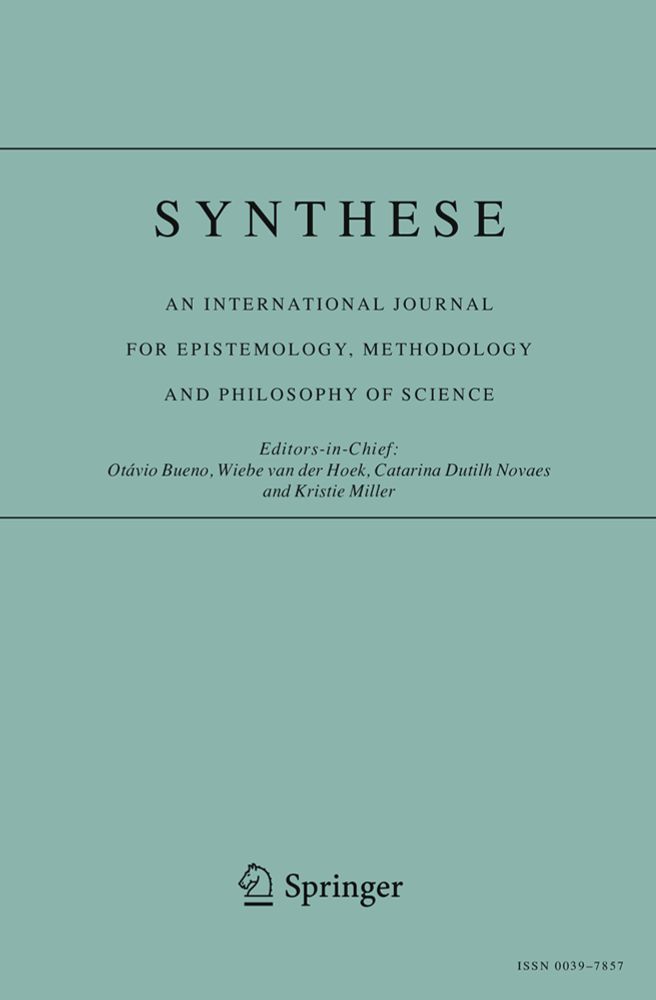
In a nutshell, phenomenologically, organisms are disclosed as such from the empathic perspective of the biologist. Phenomenology can analyse this empathic constitution providing an explanatory basis for a non-objectivist biology and for a phenomenological conception of cognition
Understanding living systems as sense-making agents (in a phenomenological sense) requires rethinking biology as a non-objectivist science. That project can be grounded on the explanatory potential of phenomenology, and Husserl's views on transcendental phenomenology and biology.
I argue that, while the two characterisations must be seen as two complementary perspectives on a single phenomenon (i.e., cognition), it is the phenomenological characterisation the one that allows for sense-making to be understood as an intentional openness to the world.
In my paper, I distinguish two characterisations of sense-making (the enactive concept for cognition) that, thus far, haven't been disentangled in the enactive literature: an operational one (adaptive behaviour, agency) and a phenomenological one (subjective perspective).
More specifically, I believe that the charge of anthropomorphism within the enactive framework is the result of a lack of clarity concerning the role that phenomenology may play when discussing basic life and cognition.
Recently, an alleged anthropomorphism at the core of enactivism has been discussed given the reliance on phenomenology when examining life and mind. In a new paper, I address the role that phenomenology can play concerning biology within enactivism. link.springer.com/article/10.1...

One of the ideas that characterises the enactive approach to cognition is that life and mind are deeply continuous, which means that both phenomena share the same basic set of organisational and pheno...
New preprint: “Deep computational neurophenomenology: A methodological framework for investigating the how of experience” Exciting collaboration with Lars Sandved Smith, @antoinelutz.bsky.social@jdbogotaj.bsky.socialosf.io/preprints/os...
I'm very proud of this paper. It brings together ideas I've been developing since my MA dissertation, and it's now one of the chapters of my PhD thesis (which I'll be defending in a couple of weeks). I hope you enjoy it!
Those dynamics jointly constitute (i.e., disclose) the world as a horizon of possibilities and impossibilities suffused with general feelings of, say, familiarity, trust, or distrust.
This form of intentionality (operative intentionality, as phenomenologists call it) can be understood as a general openness to the world. Here, I thematize such openness as a bodily form of intentionality that is defined by affective and anticipatory dynamics.
